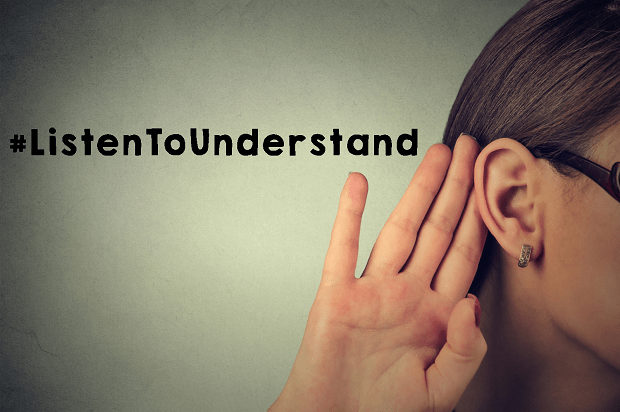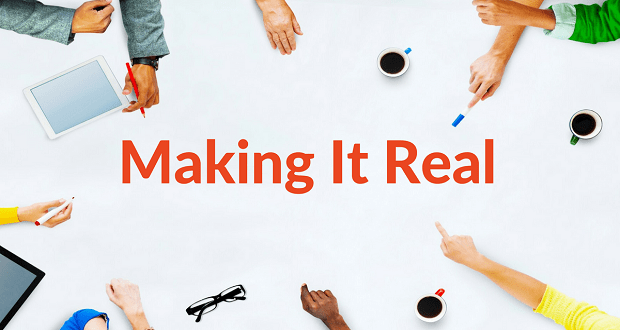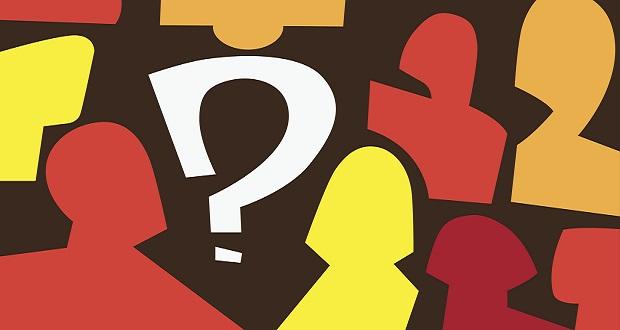
The 2016 presidential race has illuminated issues around difference and people’s inability to understand the opposition’s side. Many individuals are holding tight to their political identity which has created a strong “us” vs “them” dynamic. Those who are Clinton supporters want nothing to do with Trump supporters and vice versa. Almost daily when I sign into Facebook, I have a friend declaring that they have ‘deleted’ a Trump supporter from their friend list due to comments or articles they posted in support of Trump. I have also noticed how biased my newsfeed is in opposition of Trump. When I see a post in support of Trump, I often find myself rolling my eyes – and I too have even considered deleting a few people because I just cannot understand how anyone could support Trump; especially people of color.
I will admit that I have many negative assumptions about people that are voting for Trump – words like, hate, fear, racist, sexist immediately come to mind. In reality, I have never had a conversation with a Trump supporter. This is the problem. How can I understand those who have different views from me if I do not understand their point of view? While I am using the presidential election as an example, I think we can see how this “us” vs “them” dynamic plays out in our everyday lives. Through social media, television, newspapers, etc., we can all find outlets that support our views. If we are only reading, watching and interacting in manners that are similar, that confirm our ideas; how will we ever understand people who hold different views?
I recently came across a quote by Stephen R. Covey that stated “most people do not listen with the intent to understand; they listen with the intent to reply.” This, I find to be very true. However, if change is going to happen, we must listen to understand. Understanding does not mean that we agree – it just means taking a step back to truly hear someone’s journey and better comprehend why people feel the way they do. This is critical to Diversity and Inclusion work – critical to progress. Having a deeper understanding of someone’s story oftentimes challenges your assumptions and previous ideas. While you may not agree, you could gain a sense of empathy for that person.
This of course, is not easy. There is so much fear, anger and anxiety that are blocking people’s ability to have open, transparent conversations. However, if we were able to have these tough conversations; we might find commonalities. Saturday Night Live recently aired a skit called “Black Jeopardy.” In it, there was a Trump supporter who was a contestant. The skit (while humorous) had a strong message in that the Trump supporter and the black contestants held many of the same views. We won’t always find that we have similarities, but we can seek to learn, gain context and reach clarity.
We can all do our part in helping to create positive change by mitigating fears of difference. I challenge anyone reading this post to find someone who holds significantly different opinions and have a conversation with them. Be curious, ask questions and truly try to understand why they feel the way they do.


















